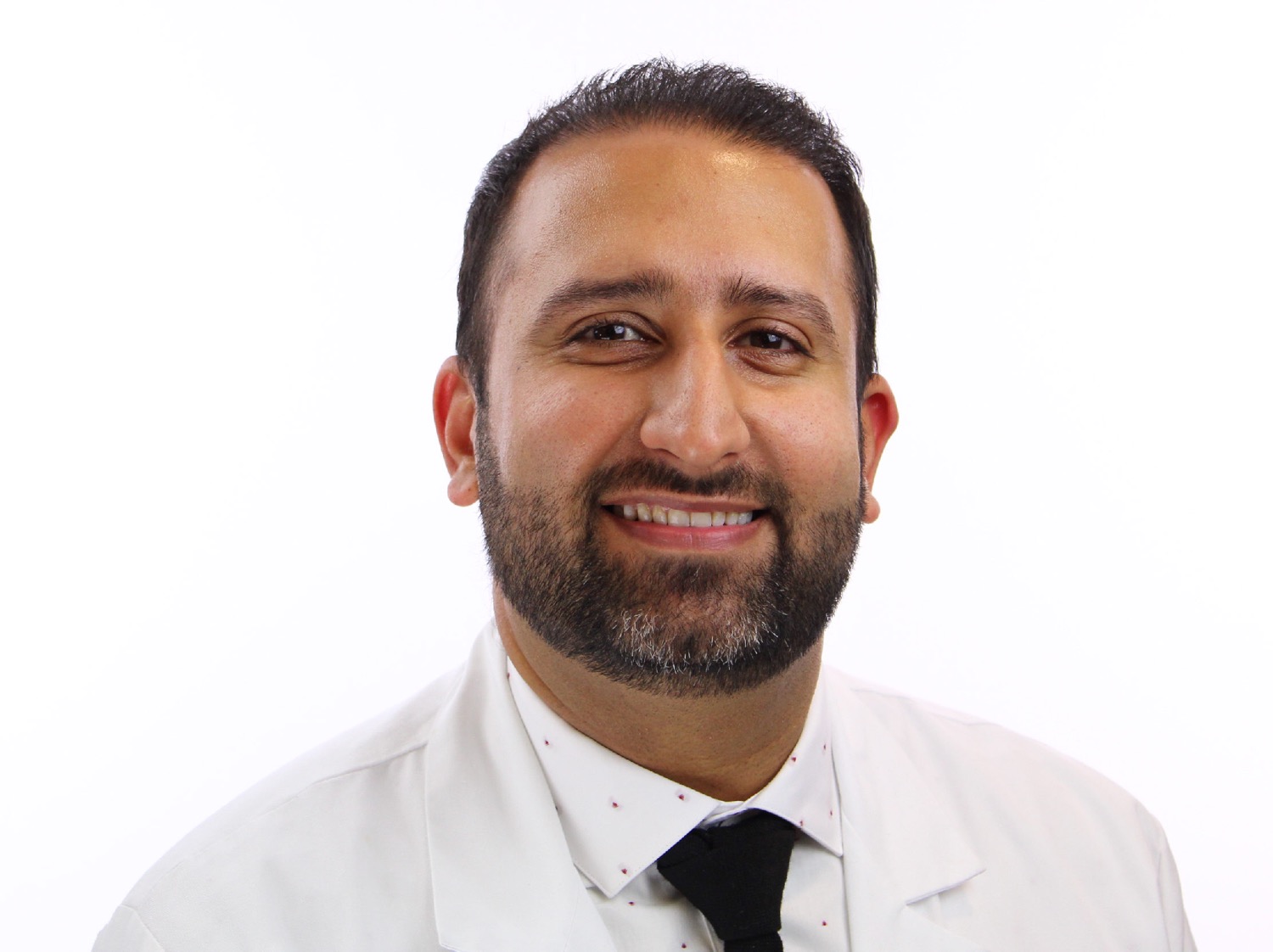Conventional, Lifestyle and Functional Medicine. What's the difference?
- Dr Alyaz Somji

- Jan 22, 2022
- 3 min read
Updated: Jan 23, 2022
The reality is that all of them are needed. What type of medicine you choose ultimately depends on where on the spectrum of medicine you land. Let's dive deeper into each
one and then we can figure out some examples of the pyramid of medicine is built.

Lifestyle Maintenance
Eating right, keeping fit, sleeping well, and avoiding signals that sap our vitality are healthy life signals that maintain our metabolic reserve. Done properly, this is the default healthy lifestyle that we hope to impart to the next generation before they experience the diseases that are associated with poor lifestyle choices.
Lifestyle Medicine
Lifestyle medicine is an approach to preventing, treating, and reversing disease by impacting unhealthy lifestyle behaviors, therefore promoting health. There are six main areas of focus with lifestyle medicine: a healthier eating pattern, increasing physical activity, effectively managing stress, maintaining social relationships, obtaining adequate sleep, and avoiding risky substance abuse. Learn more about Lifestyle Medicine.
At Beyond Medicine, we focus on lifestyle medicine as the beginning of all our programs. With this platform we intend to focus on the health behaviors that promote health. Teaching you what they are and how to effectively incorporate these habits into your daily life. By focusing on these lifestyle factors we can ensure that you're taking steps to promote your health, be happy, and live well!
Functional Medicine
As you'll soon see, lifestyle and functional medicine share many of the same philosophies about health. Functional medicine philosophies also focus on the cause and drivers of disease. Practitioners of this style of medicine seek to determine how and why illness occurs, and they restore health by addressing the root cause of disease and dysfunction.
This medical perspective also believes in using therapies such as "food-is-medicine" to promote health. They tailor their recommendations towards lifestyle factors, but they also prioritize the genetic and biochemical disease-contributing factors that each individual may be experiencing. Learn more about Functional Medicine.
Our Foundational Program puts a lot of focus on the "why" — emphasizing various types of conventional and functional lab work, genetic testing, nutritional supplementation, and other lifestyle-oriented practices.
You may have noticed the words "functional medicine" sprinkled across our website. Like mentioned earlier, this is a practice philosophy. We use our training in functional medicine to get down to the root when working with clients. The premise of each approach to medicine is the same — YOU are the focus and truly promoting your health is the optimal goal.
Conventional Medicine
Conventional medicine is traditional medicine that the majority of us are familiar with — local doctors, clinics, hospitals, pharmacies. It’s the kind of medicine the typical physician practices. This type of medicine is broken down into systems (cardiology, gastroenterology, immunology, etc.). Various physicians can specialize in these fields and become experts in treating those systems when things don't work well. Conventional medicine was designed to help you during a health crisis. It actually is very good at it. If you have difficulty breathing, seeking conventional treatment can be life-saving.
Chronic diseases (such as diabetes, high blood pressure, cholesterol) are treated often with pharmaceuticals with little time left for other (potentially more beneficial therapies). Patients have become accustomed to an easy therapy option "pill for every ill"; physicians are time-constrained and often get push back when discussing lifestyle therapies.
Examples of the pyramid of medicine
The Bottom Line
The bottom line is that there's more than one way to approach a problem, even one that includes your health. There isn't one way that will work for everyone, because we're all so unique, but there are a LOT of approaches available.
You should be empowered by your health decisions and confident that your healthcare plan is right for you and your goals. So get out there, do some research, and be your own health advocate. There's something out there that might be different than what you're used to, but there’s a chance it will help you finally feel better.









Comments